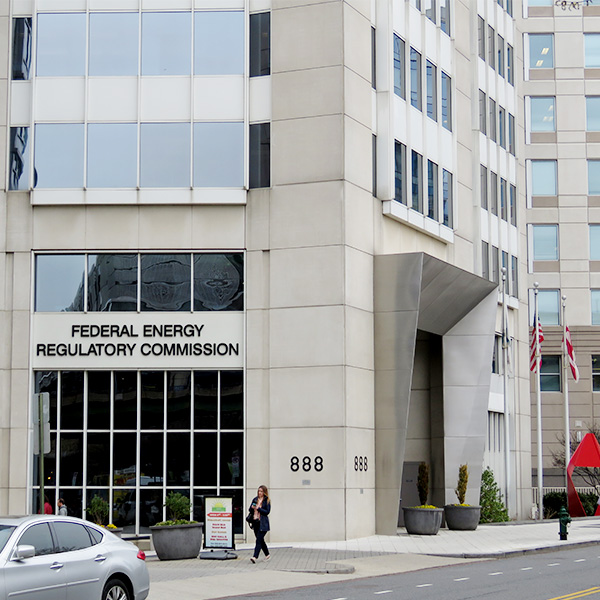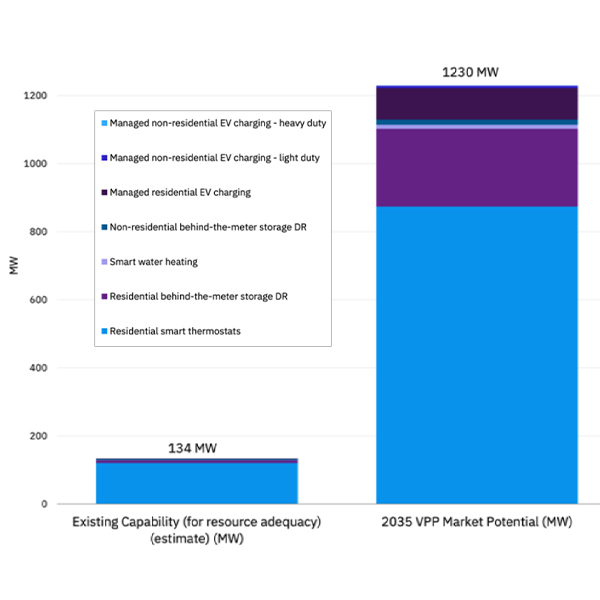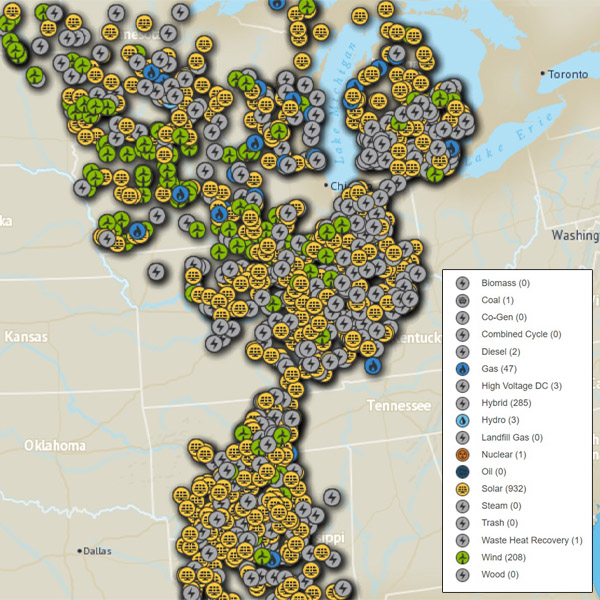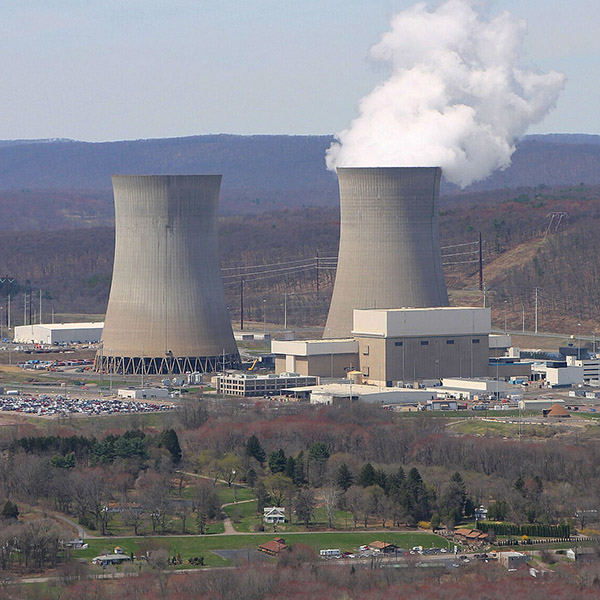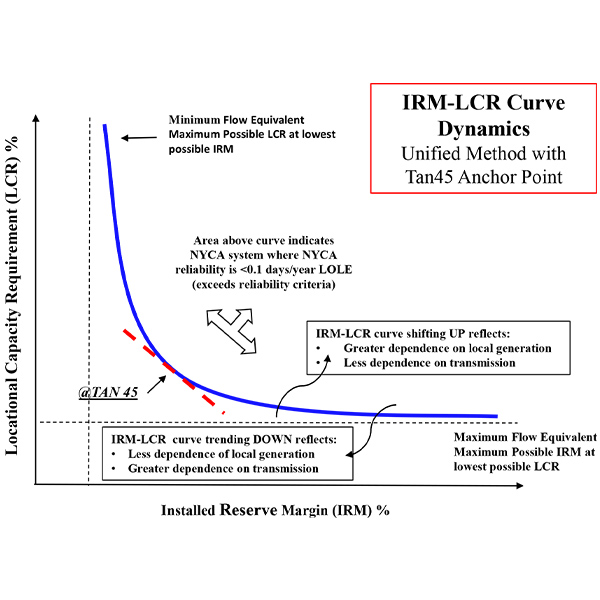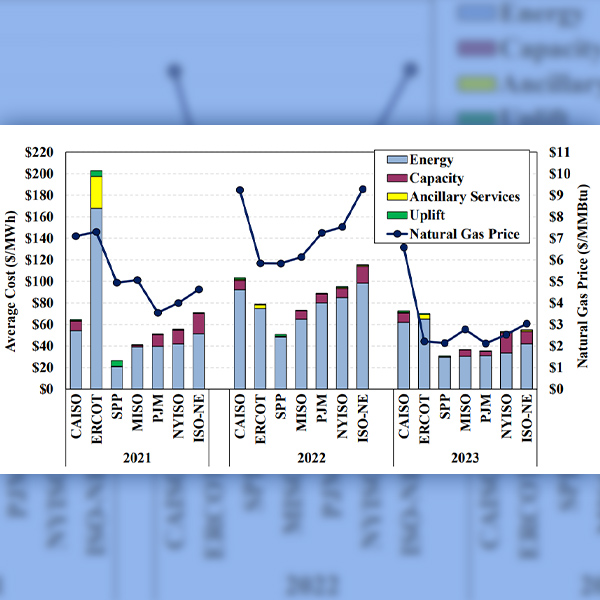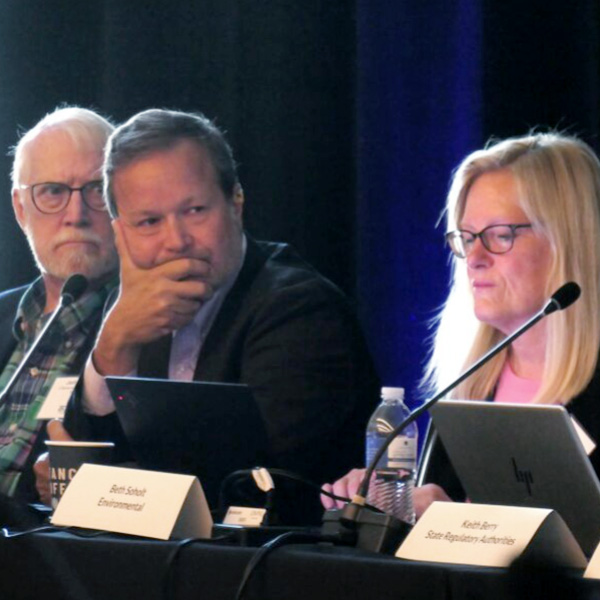Resource Adequacy
Resource adequacy is the ability of electric grid operators to supply enough electricity at the right locations, using current capacity and reserves, to meet demand. It is expressed as the probability of an outage due to insufficient capacity.
FERC approved NYISO’s proposed tariff revisions to more accurately accredit natural gas resources’ capacity, but the commission delayed their implementation until 2026.
NV Energy's virtual power plant market potential could grow from an estimated 134 MW this year to 1,230 MW in 2035, according to a new analysis.
MISO plans to pursue a more straightforward, 50% peak load megawatt cap to limit the number of generator interconnection requests it will accept annually.
SPP’s Markets and Operations Policy Committee endorsed recommended revision requests from two stakeholder groups as part of the RTO’s effort to strengthen resource adequacy.
The return to demand growth in the electric power industry has been a major theme this year, and it dominated the discussion at NARUC's Summer Policy Summit.
Talen Energy’s deal to carve out capacity from its Susquehanna Nuclear Plant to serve a growing data center on its site drew protests at FERC from other parties who argued the deal and others like it could shift costs and threaten reliability.
The New York State Reliability Council’s mathematical model for calculating the state’s installed reserve margin every year will need to be updated as more offshore wind and major transmission lines come online, NYISO told stakeholders.
MISO’s system is at the mercy of faster interconnections of new resources and retirement delays, executives said in a quarterly address to the board and stakeholders.
NEPOOL held its annual summer Participants Committee meeting in New Hampshire during a multiday stretch of extreme heat and high demand on the New England grid.
Members of MISO’s Advisory Committee emphasized that all players in the footprint need to act swiftly to position themselves for “hyperscale” load growth and the EPA’s new carbon rule.
Want more? Advanced Search
